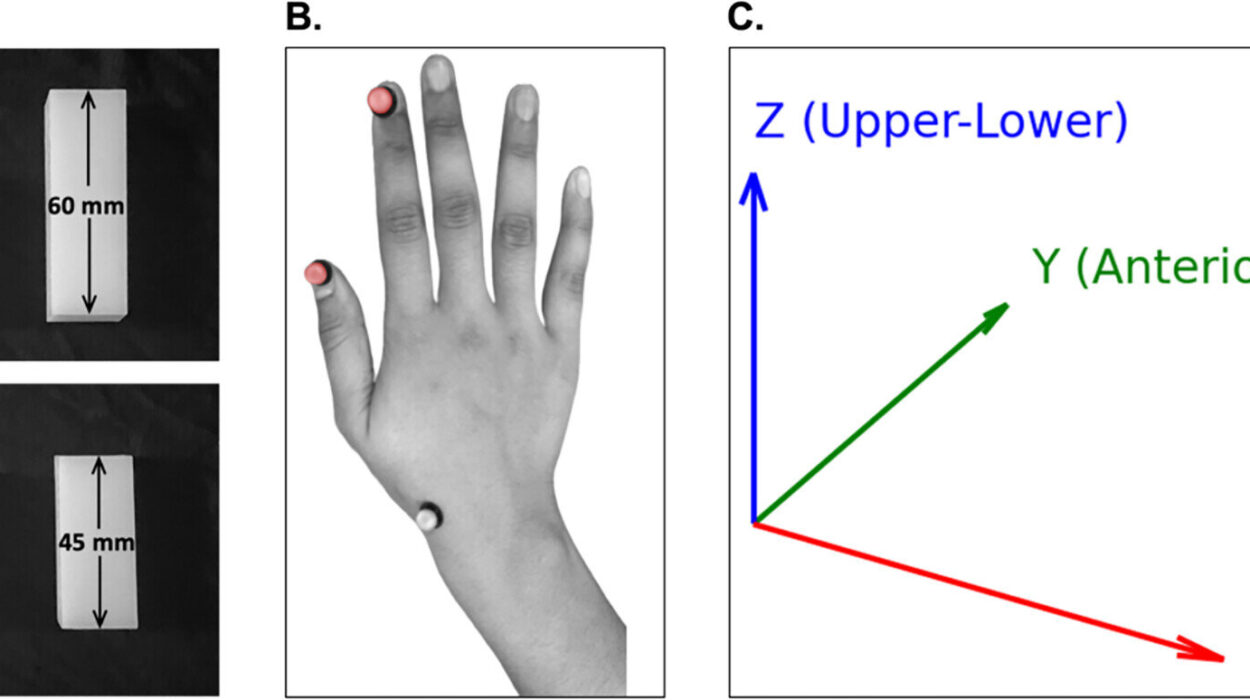Psoriasis is far more than a skin condition. It is a chronic, immune-driven disorder that affects over 60 million people worldwide, leaving behind not only red, scaly patches and persistent itching but also emotional and psychological scars. For those who live with psoriasis, the condition can feel relentless—flare-ups can strike without warning, interrupting sleep, daily routines, and confidence. Although current treatments range from creams to biologic therapies, many people continue to search for safer, more holistic ways to ease their symptoms.
Now, new research suggests that an age-old dietary pattern, the Mediterranean diet, could hold real promise for those living with psoriasis.
A New Approach Emerges
A study recently published in JAMA Dermatology sheds light on how food may play a direct role in calming the overactive immune response at the heart of psoriasis. Researchers conducted the MEDIPSO trial (Impact of the Mediterranean Diet on Patients With Psoriasis), a randomized clinical trial in Madrid, Spain, between February 2024 and March 2025.
Thirty-eight adults with mild to moderate psoriasis participated. Half were guided through a 16-week Mediterranean diet program led by a dietitian, while the other half received only general low-fat diet advice without professional support. The results were striking: nearly half of those who followed the Mediterranean diet achieved a 75% reduction in their psoriasis severity, compared with none in the control group.
Even more surprising was that these improvements occurred without major weight loss, challenging the long-standing belief that psoriasis benefits from dietary changes only when they lead to shedding pounds. Something deeper was happening within the body’s biology.
Why the Mediterranean Diet Works
The Mediterranean diet is more than a collection of foods—it is a pattern of eating that emphasizes balance, nourishment, and anti-inflammatory strength. Rich in colorful fruits and vegetables, hearty whole grains, legumes, nuts, olive oil, and moderate amounts of fish and poultry, this diet provides an abundance of antioxidants and plant-based compounds.
These nutrients—including β-carotene, vitamin C, vitamin E, and polyphenols—reduce oxidative stress and help calm the inflammation that fuels psoriasis. Unlike calorie-restricted diets, which focus on cutting back, the Mediterranean diet focuses on giving the body what it needs to thrive.
For people with psoriasis, whose immune systems mistakenly attack their own skin cells, this anti-inflammatory environment appears to slow down the rapid overproduction of skin cells. The result: fewer patches, less discomfort, and improvements in overall well-being.
The Science Behind Psoriasis
To understand the impact of this study, it helps to look more closely at how psoriasis works. In a healthy immune system, white blood cells protect against invaders like viruses and bacteria. But in psoriasis, certain T-cells turn against the body, targeting healthy skin cells by mistake. This misfire triggers the body to produce new skin cells at lightning speed—far faster than they can shed naturally. The buildup creates the characteristic thick, scaly patches on the skin’s surface.
Conventional therapies aim to interrupt this immune miscommunication, but many carry side effects or require long-term medical management. The Mediterranean diet, on the other hand, appears to address some of these immune pathways naturally, calming the inflammatory signals that drive flare-ups.
Beyond the Skin
The benefits observed in the MEDIPSO trial extended beyond skin improvement. Participants who adhered closely to the Mediterranean eating pattern reported better sleep, reduced anxiety, and an enhanced quality of life. These findings highlight an important truth: psoriasis is not just skin-deep. It can affect mental health, energy levels, and overall wellness.
Because the Mediterranean diet is also known for supporting heart health, metabolic balance, and longevity, its adoption may offer protection against other conditions that commonly accompany psoriasis, such as cardiovascular disease and diabetes.
A Step Toward Holistic Care
Until now, most studies linking diet and psoriasis improvement were observational, showing only associations but not direct cause-and-effect. This trial changes the conversation by providing controlled evidence that a dietary intervention can produce meaningful results.
The findings do not suggest that diet should replace medical treatment for psoriasis. Instead, they open the door to a more comprehensive approach—one that combines medical therapies with lifestyle changes to improve both symptoms and overall health.
A Path of Hope and Empowerment
For millions of people struggling with psoriasis, the news from this trial offers more than scientific evidence—it offers hope. It suggests that healing can also be nurtured at the dinner table, that relief may come not only from medication but also from vibrant meals prepared with olive oil, fresh vegetables, and fish from the sea.
The Mediterranean diet is not a quick fix, but a sustainable way of eating that supports both body and mind. It encourages people with psoriasis to view their condition not as a burden they must carry alone but as a challenge they can meet with knowledge, choices, and empowerment.
As research continues, one thing is clear: the link between what we eat and how we heal is growing stronger every day. And for those living with psoriasis, this discovery may be the beginning of a gentler, more balanced journey toward relief.
More information: Javier Perez-Bootello et al, Mediterranean Diet and Patients With Psoriasis, JAMA Dermatology (2025). DOI: 10.1001/jamadermatol.2025.3410






